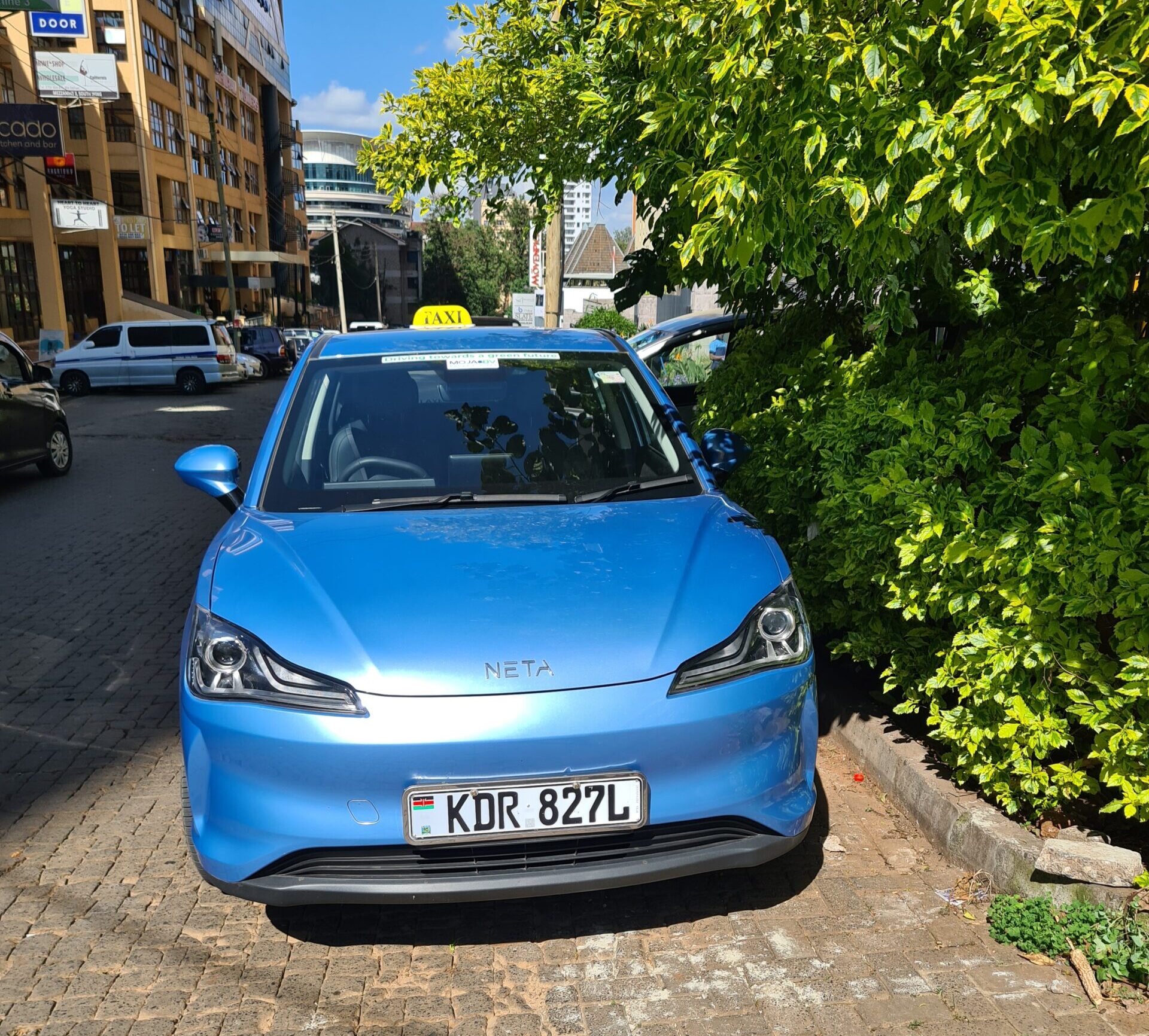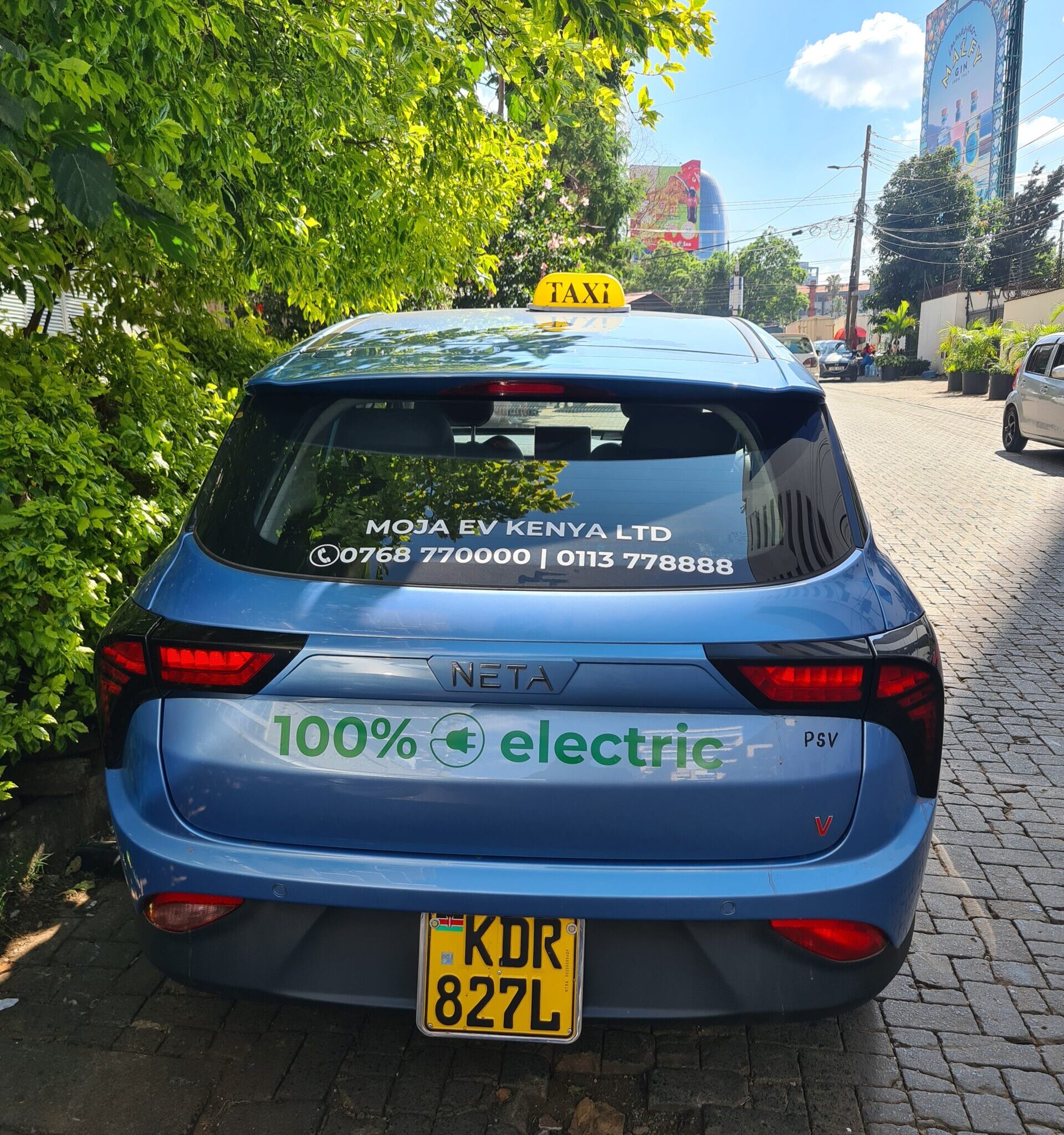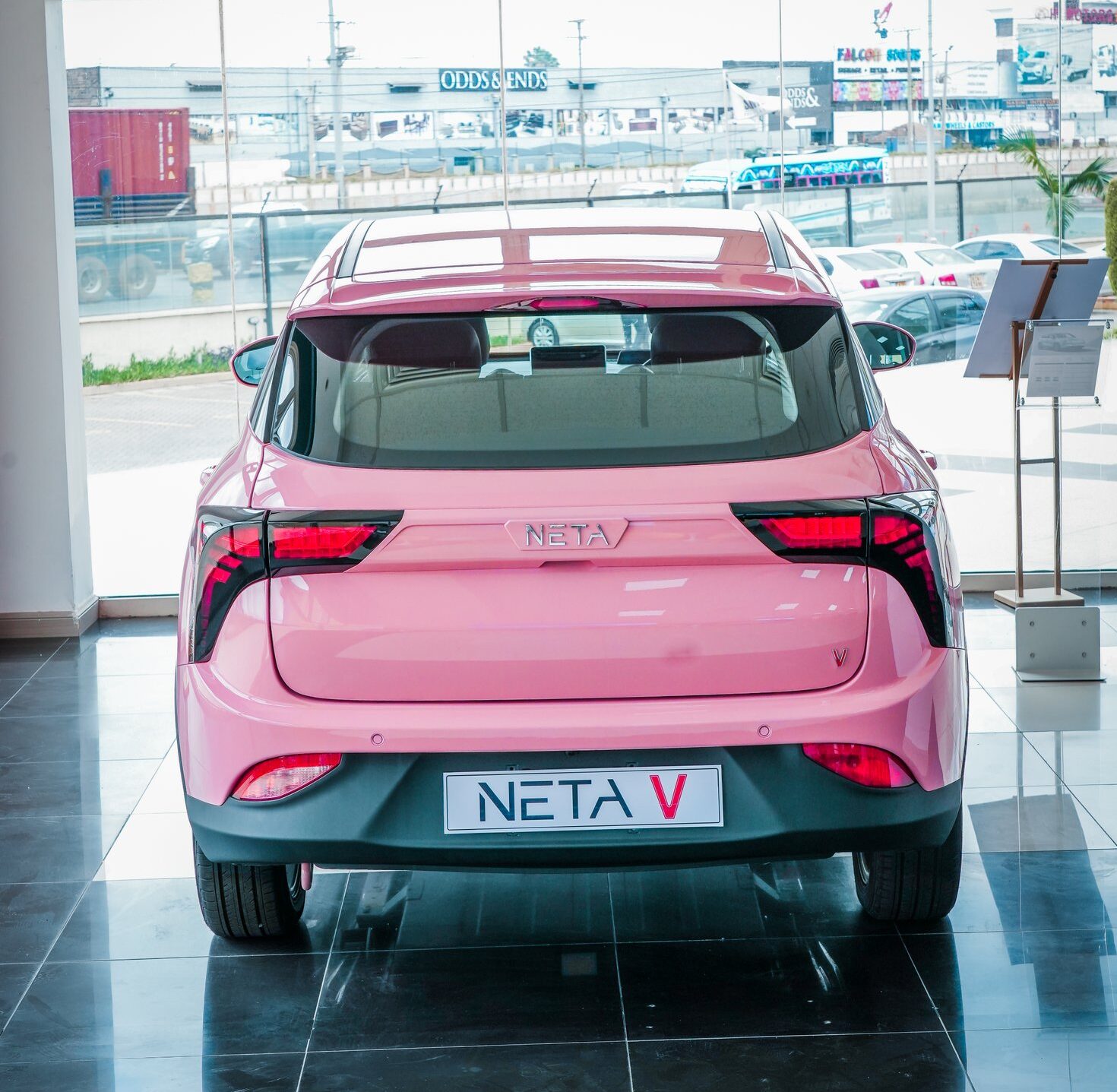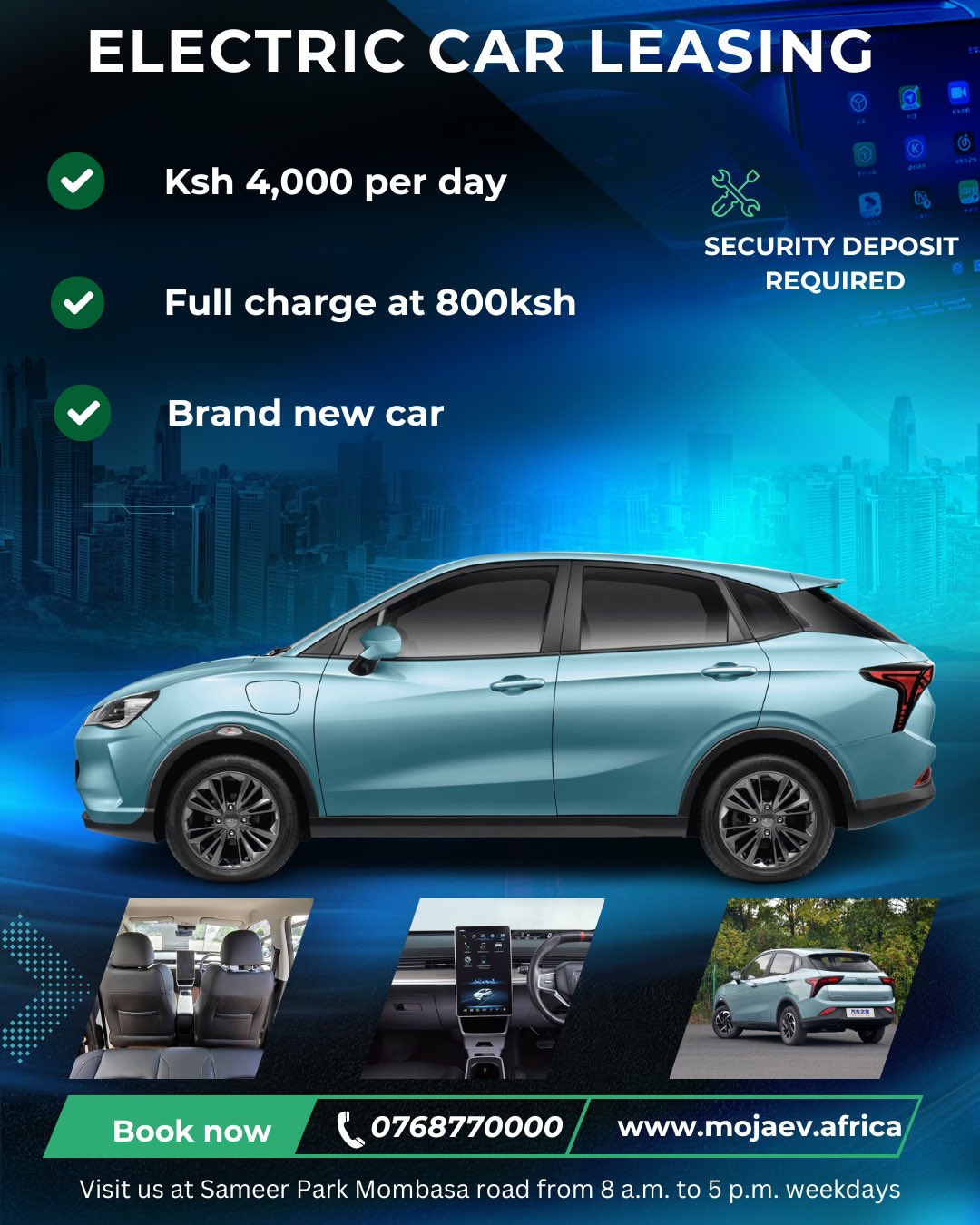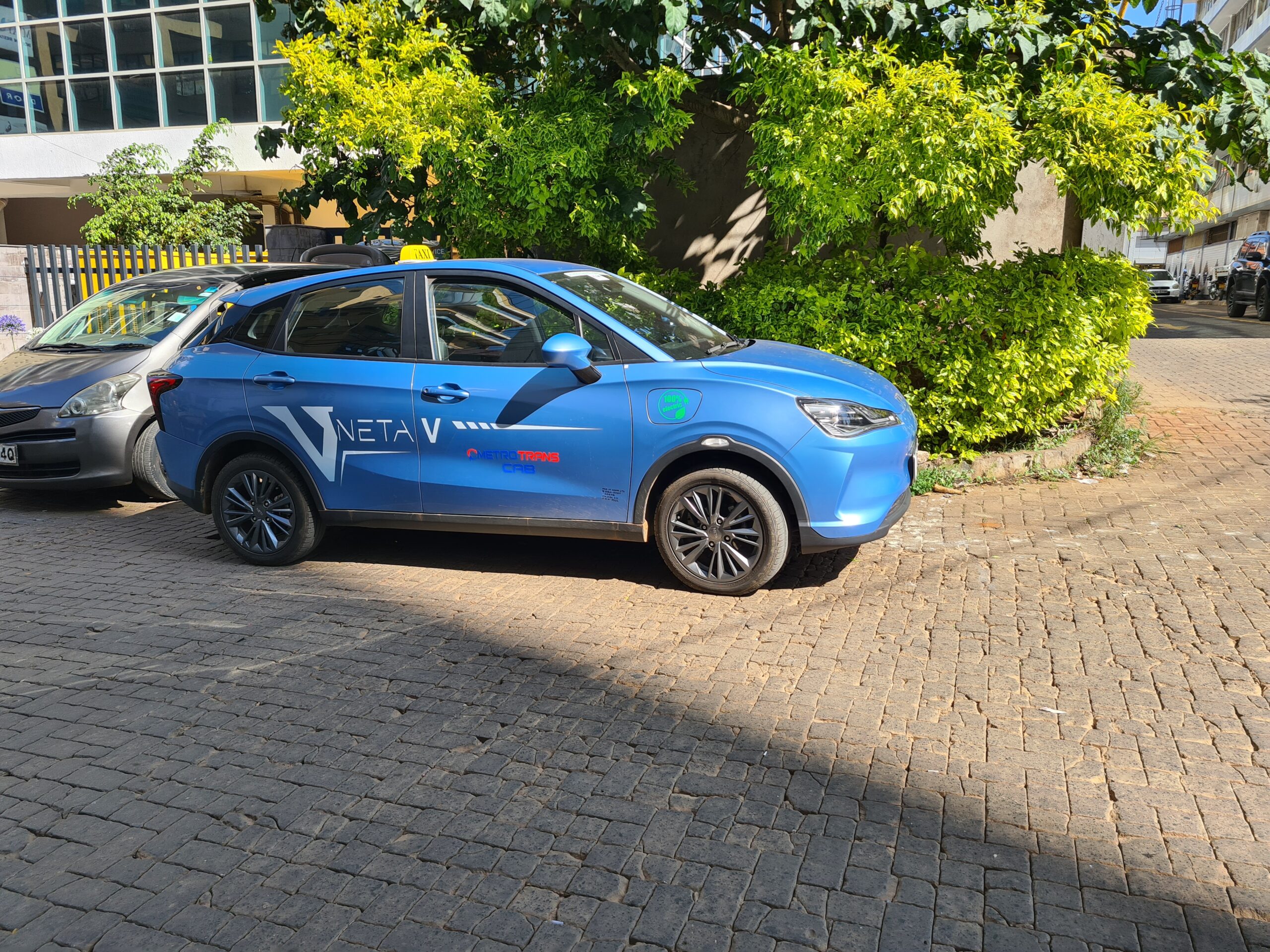
Sign up for daily news updates from CleanTechnica on email. Or follow us on Google News!
South Africa is one of the largest markets for sales of brand new vehicles in Africa. Just over half a million new vehicles are sold in South Africa each year. South Africa is the biggest economy on the continent. However, what really makes a big difference is the country’s well developed car financing sector. Over 99% of these vehicles are still ICE vehicles. Unlike in South Africa, sales of brand new vehicles in most African countries are generally low due to the lack of affordable and accessible long-term vehicle financing. This is why in most African countries, over 90% new vehicle registrations each year are used vehicles. Due to lower incomes in general, and in the absence of this long-term vehicle financing, most people then go for 8- or 10-year-old used vehicle imports, and then they pay for them in cash or through short-term financing from their local bank.
Unlike in Europe and other places, vehicle leasing is also not yet widely available in a lot of African countries outside of a few schemes targeting government fleets and also corporate fleets. MojaEV, Kenya’s leading distributor of electric vehicles (EVs), wants to change that in Kenya and make leasing an integral part of the customer experience, lowering the barriers to access to brand new vehicles in Kenya. MojaEV says the company is dedicated to revolutionizing transportation across East Africa. Through partnerships with EV brands such as Neta and Skyworth, MojaEV is committed to reducing carbon emissions and promoting sustainable living through innovative, zero-emission vehicle solutions.
Late last year, MojaEV launched 100 NETA V electric cars for the Nairobi taxi market. MojaEV plans to deliver 500 vehicles to drivers by the middle of this year. These vehicles will be leased to taxi drivers operating in Nairobi.
Here are the specs of the NETA V:
- Electric Motor Type: Permanent Magnet Synchronous
- Battery Type: LFP
- Maximum Power (kW/PS): 70/95
- Maximum Torque (Nm): 150
- Battery Capacity (kWh): 40.7
- Driving Range (km): Up to 401 (CLTC) or 384 (NEDC)
- AC Home Charging (0–100%): ~8 hours
- DC Fast Charging (30–80%) ~30 minutes
How much does it cost to lease a Neta EV from MojaEV? Well, it starts from just 4,000 Kenya shillings ($30) per day! Customers pay a deposit of Ksh50,000 ($387) or Ksh100,000 ($772) depending on the lease option selected. The minimum lease period is 6 months. $30 per day is a very good deal for a brand new car in these parts of the world. This figure is close to the amount charged by general short-term car rental firms in Kenya that hire our used ICE vehicles, such as an 8-year-old Honda or Toyota. So, $30 per day for a brand new EV with a decent range of over 300 km in real-world driving conditions is a good deal.
MojaEV has been targeting taxi drivers with this package partly because they drive quite a lot every day, making their total cost of usership a good value proposition compared with their normal ICE taxis. I am pretty sure this lease model is open to corporates and the general public as well, provided they pass the credit vetting at the CRB. This programme should go a long way in increasing access to brand new vehicles, and more importantly, access to brand new electric vehicles! Another target market could be the significant number of expatriates and businesses travellers who can take up leases for at least 6 months whilst they are in Kenya for business or work.
I am a big fan of this leasing model. Culturally, outside of some very big corporates and more recently government agencies, leasing of vehicles has not been a big thing in a lot of African countries. For private buyers, there has been a culture of “wanting to own stuff.” These kinds of leasing models take away a lot of headaches, which I hope will tempt more people to go for leasing options. For example, most private buyers buy 8-year-old ICE vehicles from Japan or the United Kingdom when these vehicles or some of the younger vehicles that come in as parallel imports do not have access to any warranties and maintenance plans. When something goes wrong, they will need to fork out quite a bit of cash to rectify it. They also have to deal with higher service and maintenance costs associated with operating these older generation ICE vehicles. Leasing a brand new vehicle will take away most of these headaches.
One of the major concerns for people and corporates that would be interested in leasing these electric vehicles is the availability of charging infrastructure. The good news is that electric vehicle charging networks, such as from EVchaja in Kenya, are growing all the time. EVChaja says it’s seeing increased utilisation at its sites around Nairobi and also in other areas such as Mombasa, Nakuru, Kisumu, Mombasa, and Nanyuki. Other providers are also growing their presence at the moment, and therefore, charging infrastructure in major towns is not an issue at the moment. EV drivers can also charge at home if they can. There are also new charging networks entering the Kenyan market. Where there is need for urgent action is on the country’s major highways. At the moment, if you have a long-range EV, you can comfortably drive from Nairobi to Uganda via Naivasha, Nakuru, and Kisumu (EVchaja has chargers in Nakuru and Kisumu). However, there aren’t any chargers yet between the two largest cities of Nairobi and Mombasa. Hopefully, we will see charging network providers add this major route to their network in 2025.
Having more charging stations around the country as well as on most of the major highways will encourage more people to get on these kinds of EV leasing and financing programs knowing that they can comfortably travel around the country. This will also attract more customers from outside Nairobi to also get on these vehicle leasing programs or just buy EVs in general. I hope this leasing program gets extend to more EVs besides the Neta EV and to more cities in Kenya. This will get people with different tastes to find their ideal EV and also enjoy the beauties of electrification.
Images by Remeredzai and MojaEV

Chip in a few dollars a month to help support independent cleantech coverage that helps to accelerate the cleantech revolution!
Have a tip for CleanTechnica? Want to advertise? Want to suggest a guest for our CleanTech Talk podcast? Contact us here.
Sign up for our daily newsletter for 15 new cleantech stories a day. Or sign up for our weekly one if daily is too frequent.
CleanTechnica uses affiliate links. See our policy here.
CleanTechnica’s Comment Policy

